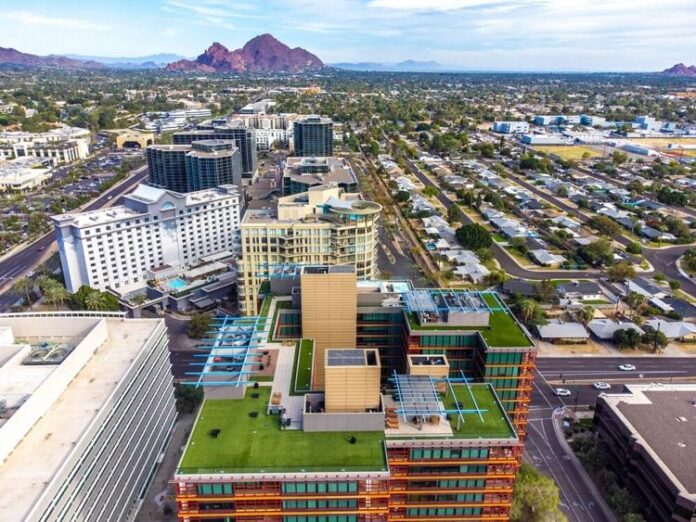Phoenix residents could see an increase in their water bill soon, with penalties for thirstier households.
The increases are intended to match the rate of inflation, which means that there will be an estimated increase of about 6.5% for the average city water user by October and an additional 6.% by March 2024, and 13% by March 2025. According to the city, the 6.5% figure for the “water usage fee” is equivalent to $2. Similar increases are proposed for wastewater service.
When it comes to the Stormwater Excise Tax, residents may be paying an additional $0.25 starting in October, which the city says is to accommodate for more red tape in the Federal Clean Water Act. The city said that these hikes would presumably be higher for businesses, and they are scheduled to be voted on by the city council in June.
In addition to inflation, the city says that limited water resources are also playing a large role in price hikes, which could lead to another $4 fee for those who are not conserving enough water starting in October, and cited their Stage 1 Water Alert from last summer in their explanation of the proposals.
For those who are concerned about the potential price hikes, public meetings will occur in the coming weeks.
Phoenix is not alone in its water struggles, as the city and the region as a whole are facing a water crisis. Colorado River Basin states are navigating how to share and conserve the river’s water, with most of them being particularly at odds with California.
Arizona gets a significant portion of its water from the Colorado River. The state, as well as others like Utah, are facing substantial population increases. The 2020 census ranked Utah as the fastest-growing state in the last decade, with Arizona coming in ninth place. In the same census, Nevada and Colorado ranked fifth and sixth, respectively.
Lawmakers at the state, local, and federal levels have been working together to find solutions— including with the recent formation of the Congressional Colorado River Basin Caucus, The Center Square reported last week.
Republished with the permission of The Center Square.














